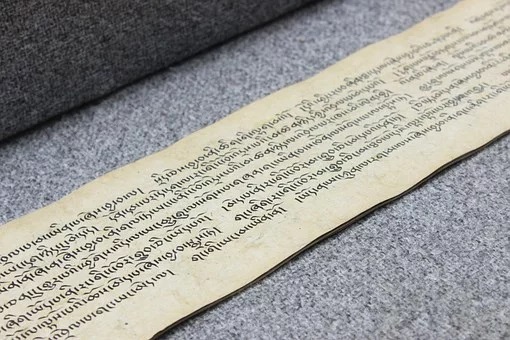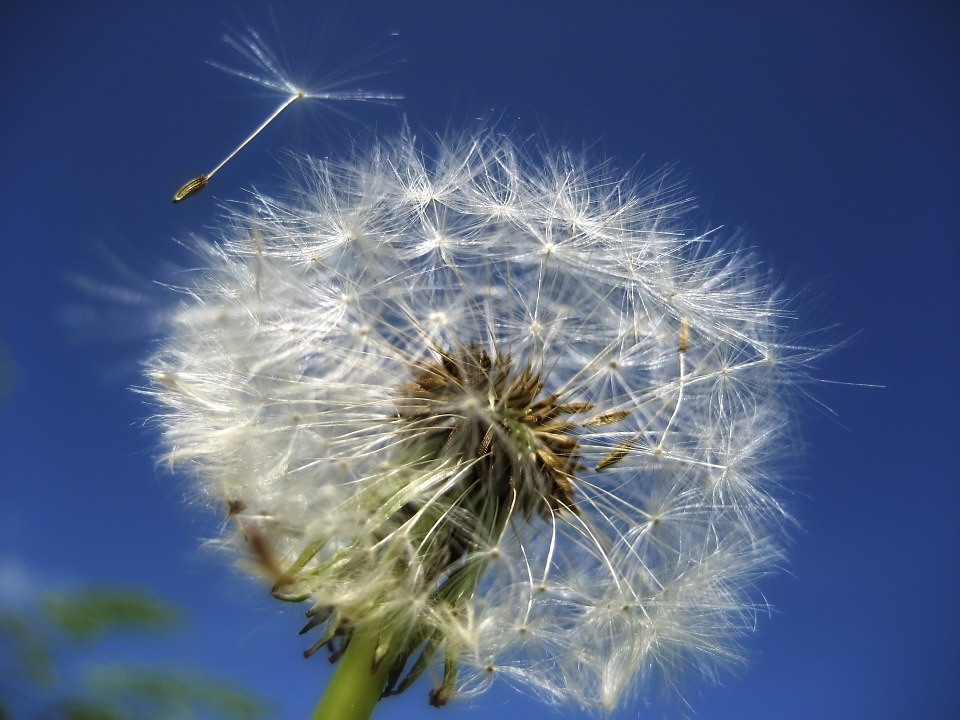At the beginning, we should spend more time looking at the deity image and less time visualizing with eyes closed; later we can gradually extend the time we spend on visualization. In the past, if a practitioner sat down to meditate four times a day, the two sittings during the day alternated between looking at the deity under natural light and visualizing with the eyes closed; the sittings in the early morning and at night only entailed visualization with eyes closed due to the absence of light. It’s different now. Even at night, the lights are bright enough so it no longer matters whether we practice in the day or at night; we are free to arrange at will.
~Depicted from GATEWAY TO THE VAJRAYANA PATH - The Generation Stage











